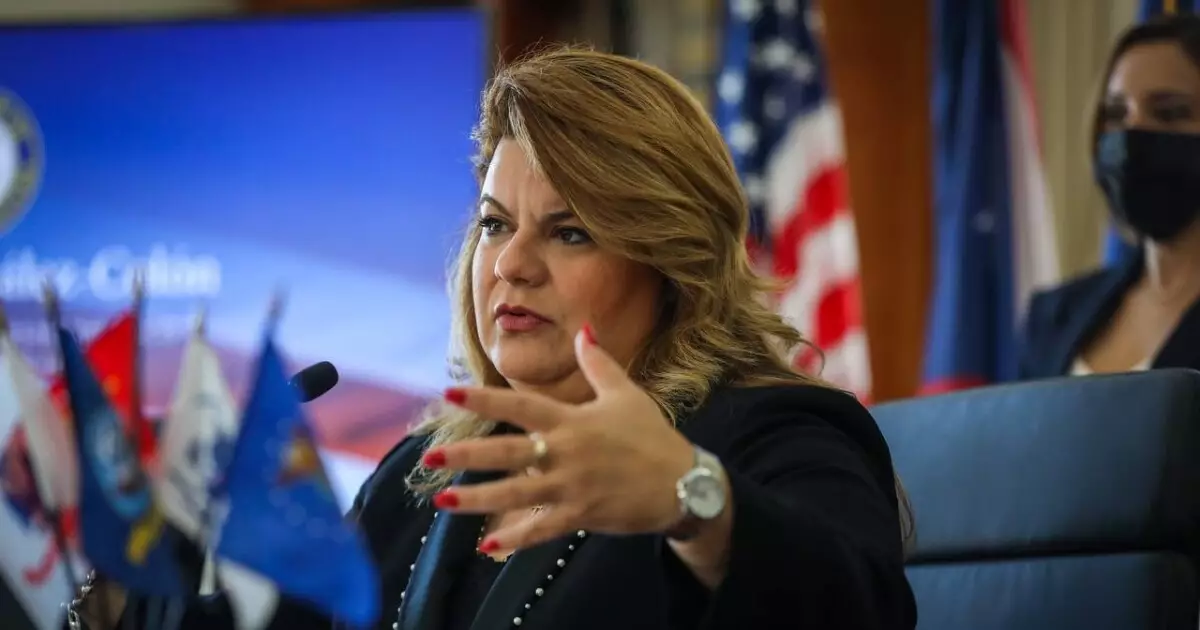In a surprising turn of events, Puerto Rico will have a new governor next year as Puerto Rico Resident Commissioner Jenniffer González Colón upset Governor Pedro Pierluisi in the race for the New Progressive Party nomination for governor. This unexpected upset has brought a new dynamic to the political landscape of Puerto Rico, with significant implications for the future of the island.
Impact on Puerto Rico’s Political Landscape
The New Progressive Party, which supports statehood for Puerto Rico, has seen a shift in power with González Colón’s victory over Pierluisi. As the resident commissioner, González Colón represents Puerto Rico’s interests in the U.S. House of Representatives, albeit without the ability to vote on the House floor. The outcome of the primary election has raised questions about the future direction of Puerto Rico’s political landscape.
Despite the change in leadership, little is expected to change on the island due to the continued power of the Oversight Board established under the federal Puerto Rico Oversight, Management, and Economic Stability Act of 2016. Issues such as the island’s budget, electrical infrastructure, and general government management continue to pose significant challenges for Puerto Rico, regardless of the election results.
The primary election results were influenced by various factors, including concerns over electrical transmission and distribution, layoffs in the public sector, and overall government mismanagement. The bankruptcy of the Puerto Rico Electric Power Authority remains a pressing issue, with unresolved issues lingering for years. The disparity in access to essential services, such as electricity, highlights the economic and social divides within Puerto Rico.
Future Political Landscape
With the New Progressive Party receiving significantly more votes than the Popular Democratic Party candidates for governorship, there is a possibility of an extended period of dominance for the NPP in Puerto Rico politics. The contrast between the parties’ stances on Puerto Rico’s status, whether it be statehood, commonwealth, or independence, further underscores the political polarization in the region.
Overall, the upset in the Puerto Rico governor race signifies a significant shift in the island’s political landscape, with implications for governance, economic development, and social welfare. As Puerto Rico navigates through these political changes, the future remains uncertain, with ongoing challenges that require innovative solutions and effective leadership to overcome.

